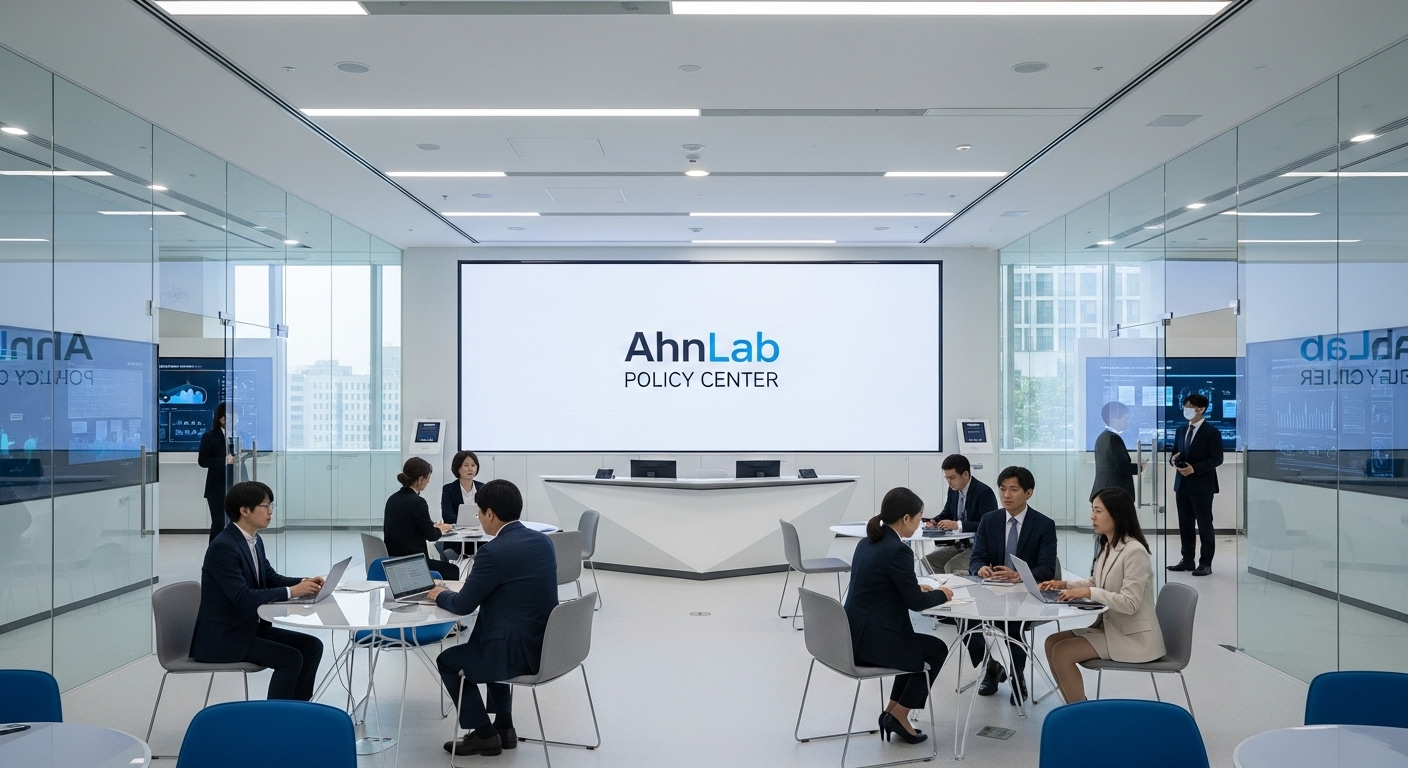In an era where digital threats grow increasingly sophisticated, organizations need robust systems to protect their assets. Consequently, the AhnLab Policy Center (APC) emerges as a pivotal solution. By providing centralized management of security policies across multiple endpoints, it empowers enterprises to maintain stronger defenses. In this article, we explore the features, architecture, and benefits of APC. Furthermore, we illustrate how it strengthens enterprise cybersecurity frameworks and ensures proactive protection against evolving threats.
What Is the AhnLab Policy Center?
The AhnLab Policy Center is an enterprise-grade security management platform developed by AhnLab, a leading cybersecurity firm. It provides centralized control over security policies, enabling administrators to configure, deploy, and monitor security settings across all managed endpoints within an organization.
Key functionalities include:
-
Policy Management: Define and enforce security policies across endpoints.
-
Real-Time Monitoring: Continuously monitor security events and incidents.
-
Audit and Reporting: Generate detailed reports for compliance and analysis.
-
Integration Capabilities: Seamlessly integrates with other security solutions and platforms.
Core Components of the AhnLab Policy Center
The APC comprises several integral components that work in unison to deliver comprehensive security management:
-
Policy Server: Acts as the central hub for policy distribution and management.
-
Policy Agent: Installed on endpoints to enforce policies and report status back to the Policy Server.
-
Policy Center Admin Console: Provides administrators with a user-friendly interface to configure policies, monitor endpoints, and generate reports.
Security Features and Capabilities
The APC is designed with a focus on security, offering features that enhance the protection of organizational assets:
-
Malware Protection: Detects and mitigates threats such as viruses, spyware, and other malicious software.
-
System Hardening: Implements configurations to strengthen system defenses against potential exploits.
-
Access Control: Restricts unauthorized access to sensitive resources and data.
-
Compliance Support: Assists in meeting regulatory requirements by providing audit trails and reporting tools.
Integration with Other Security Solutions
The AhnLab Policy Center is built to integrate seamlessly with other security solutions, enhancing its effectiveness:
-
IBM QRadar Integration: The APC can be integrated with IBM’s QRadar Security Information and Event Management (SIEM) system to provide centralized event monitoring and analysis.
-
Juniper Networks JSA Integration: Similarly, integration with Juniper’s JSA platform allows for consolidated security event management across the network.
Benefits of Implementing the AhnLab Policy Center
Organizations adopting the APC can realize several advantages:
-
Centralized Management: Streamlines the administration of security policies across all endpoints.
-
Enhanced Security Posture: Proactively manages and mitigates security risks.
-
Operational Efficiency: Automates routine security tasks, reducing the administrative burden.
-
Regulatory Compliance: Facilitates adherence to industry standards and regulations.
Considerations for Deployment
While the APC offers numerous benefits, organizations should consider the following when planning deployment:
-
Infrastructure Requirements: Ensure that the existing IT infrastructure can support the APC components.
-
Training Needs: Provide adequate training for administrators to effectively utilize the system.
-
Ongoing Maintenance: Regularly update and maintain the system to address emerging threats and vulnerabilities.
Looking Ahead: The Future of Cybersecurity Management
As cyber threats continue to evolve, the role of centralized security management platforms like the AhnLab Policy Center becomes increasingly critical. Future developments may include:
-
Advanced Threat Detection: Incorporation of AI and machine learning to identify and respond to novel threats.
-
Cloud Integration: Enhanced support for cloud-based environments and hybrid infrastructures.
-
User Behavior Analytics: Implementation of behavioral analysis to detect anomalous activities indicative of potential security breaches.
Conclusion
The AhnLab Policy Center serves as a powerful solution in cybersecurity management. First, it provides centralized policy enforcement. Next, it offers real-time monitoring and additionally, detailed reporting. Consequently, organizations can take control of their security posture. As the digital landscape grows more complex, tools like APC become essential. Moreover, they help protect assets and furthermore, reduce risk across all systems. In addition, they ensure compliance. Meanwhile, APC supports IT teams daily, and similarly, it enhances network visibility. Therefore, organizations can act proactively. Indeed, APC prevents threats before escalation. Thus, it safeguards sensitive data efficiently.
For example, it flags unusual activity in real time. However, APC remains flexible to adapt. Also, it integrates with existing tools. Finally, it delivers round-the-clock protection. Ultimately, the AhnLab Policy Center ensures proactive, efficient, and robust cybersecurity. In conclusion, it stands as a cornerstone for modern digital security. Overall, APC combines innovation, intelligence, and dependability. As a result, organizations benefit from reduced risks and increased trust.

